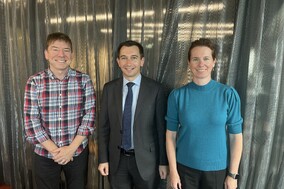What is Sepsis?
Sepsis is a life-threatening uncontrolled immune response to an infection, causing the body to damage its own tissues and organs. Sepsis can be triggered by any type of infection, whether bacterial, viral, fungal, or caused by other germs (pathogens). Sepsis needs urgent and quick treatment with antibiotics, intravenous fluids and other supportive measures.
Act Quickly if you Suspect Sepsis
ANY infection at ANY time can lead to sepsis.
Sepsis can be hard to recognise, so trust your gut instinct. If you spot any of the signs or are concerned call 111 or go straight to Emergency and ask: Could it be Sepsis?
Know the Signs - Save a Life.
Not all symptoms need to be present and be aware that some can be confused with more common illnesses such as 'simple flu', or a tummy bug. People often say they feel like they are going to die, but remember, children may not be able to express this feeling, making it even harder to recognise. If there is uncertainty about the cause of an illness and ongoing concern, then seek advice immediately, or if getting worse, go to an Emergency Department as quickly as possible or call an ambulance. Critical illness from sepsis is preventable if detected and treated quickly, like a heart attack or stroke - early intervention saves lives.
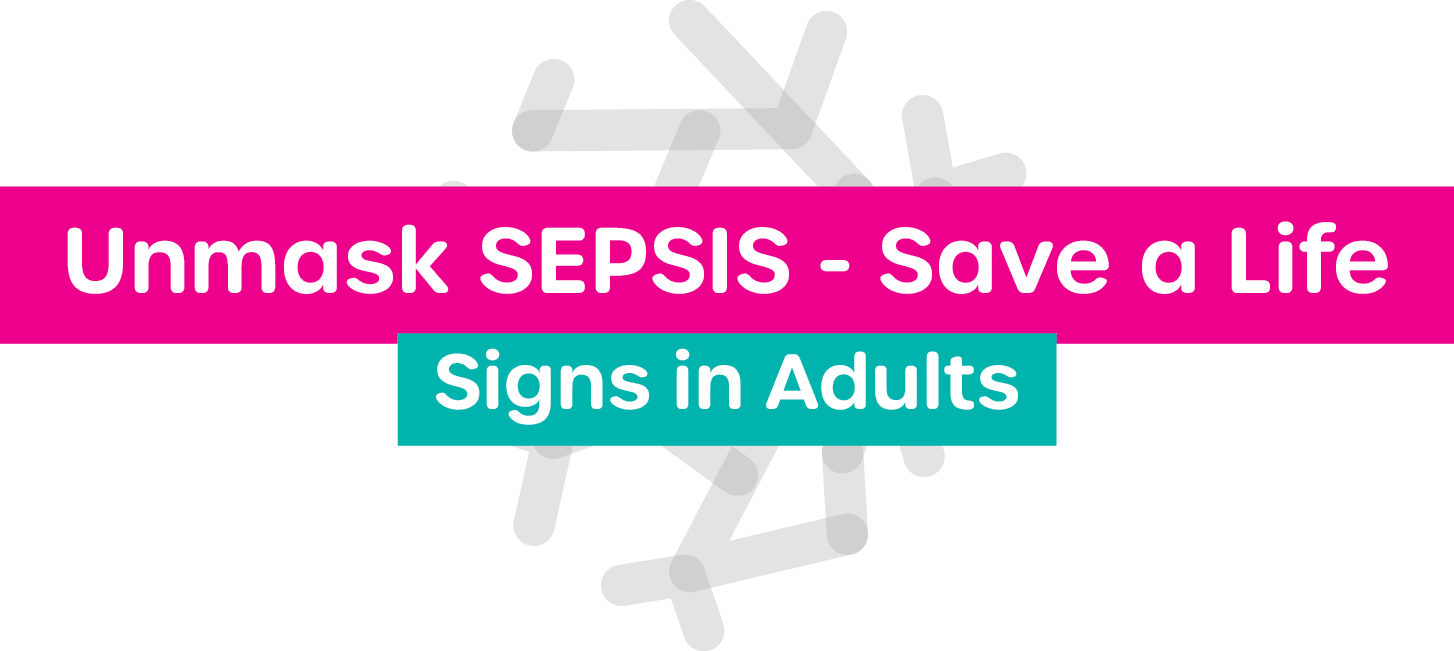
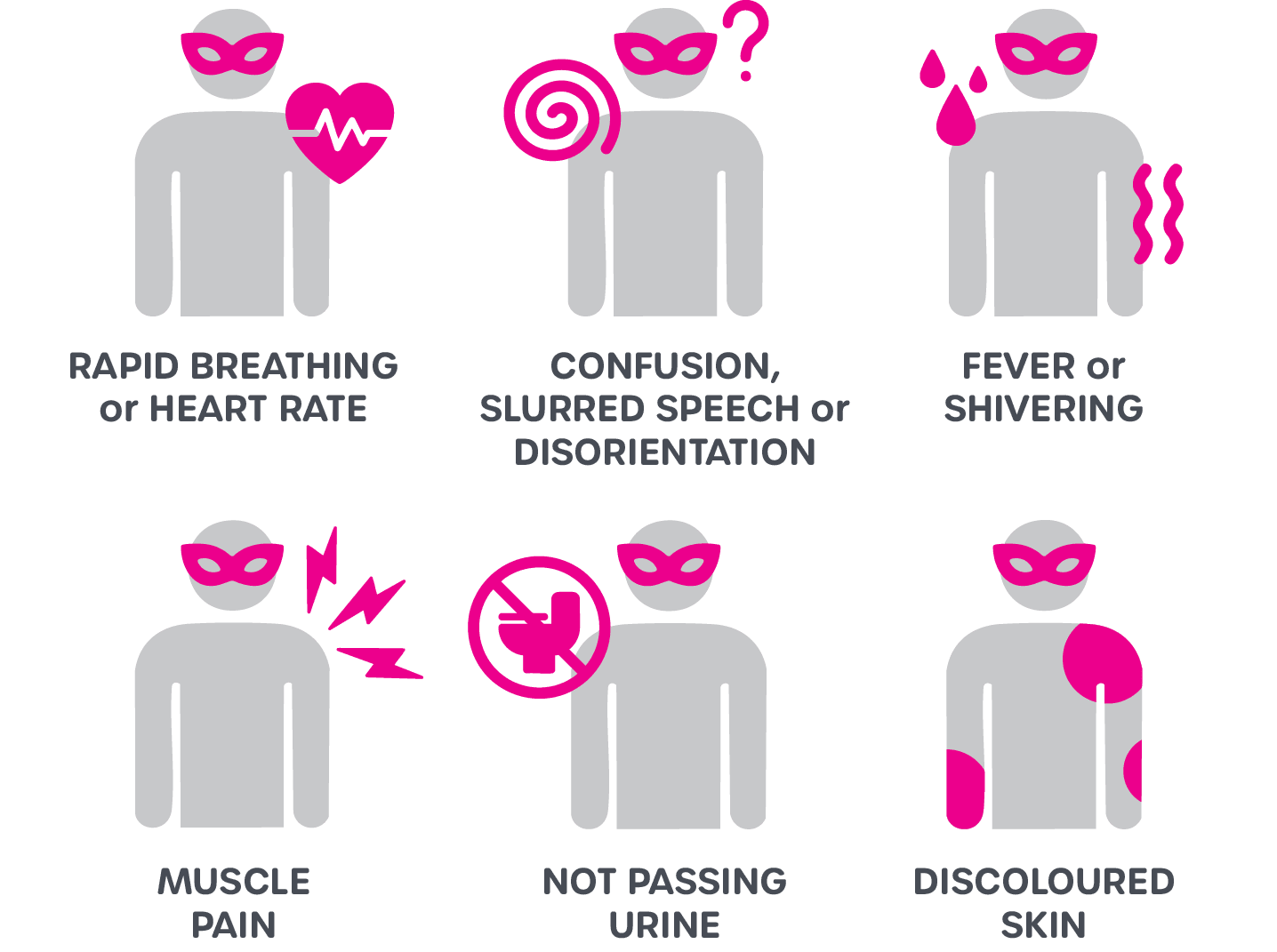
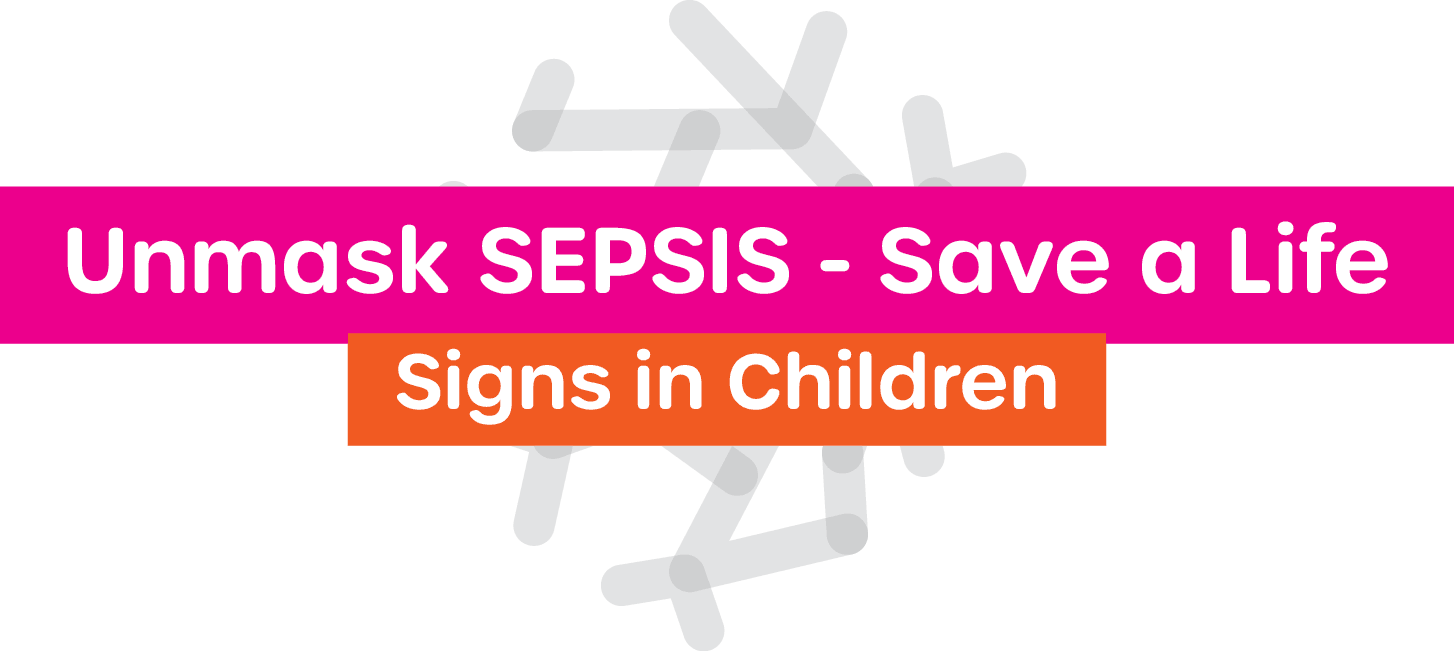
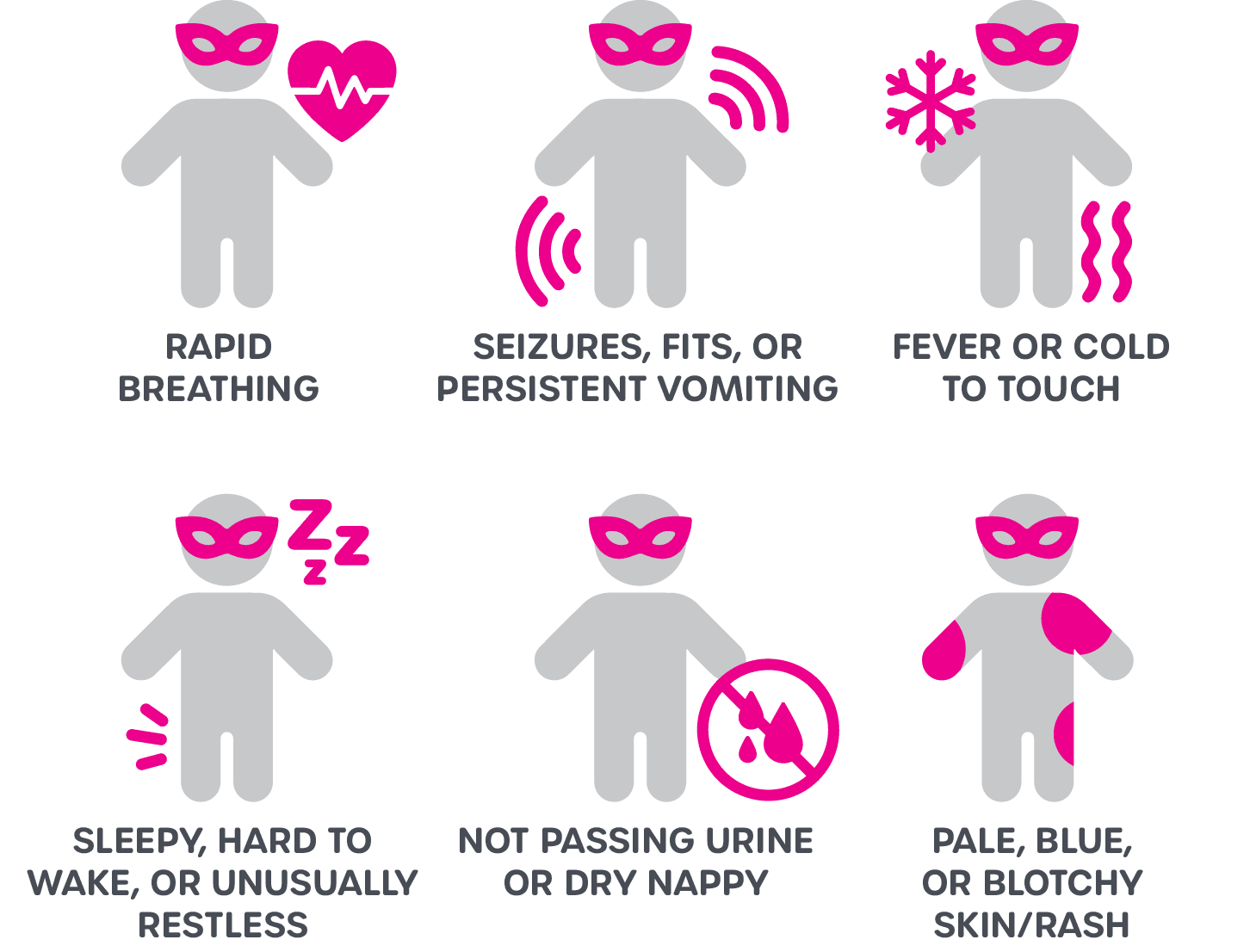
Who is at Risk?
Anyone is at risk of developing sepsis from any infection at any time. Sepsis always starts with an infection, which could be a bacterial, viral or fungal infection. It’s not known why the immune response of some people develop sepsis in response to infections whereas others don’t.
Some groups of people are at a higher risk of developing sepsis, including:
Babies (under 1 year old)
Adults over 75 and/or people who are very frail
People who have impaired immune systems because of illness or drugs
Pregnant women
Māori & Pacific Islanders (often at a younger age)
PAIGE'S SEPSIS STORY
Sepsis doesn’t care who you are - or what you do…
Paige was a healthy young nurse working in a busy emergency department… listen to how she became a sepsis statistic, one of up to 50,000 Kiwis who contract sepsis annually.
4.2 million
The number of children who die of sepsis each year globally.
$11,000
The average cost of a hospital admission with sepsis in New Zealand
80%
The proportion of sepsis cases that originate in the community.
11 million
Number of people who die of sepsis each year globally.

